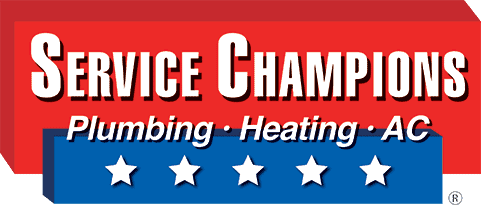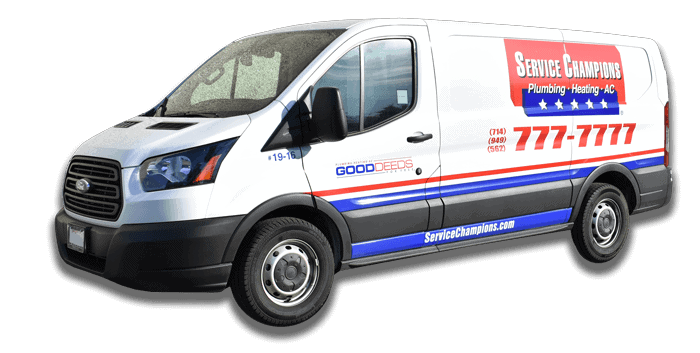How Does an Air-Source Heat Pump Work?
How Does an Air-Source Heat Pump Work?
A heat pump is a device that uses a small amount of energy to move heat from one location to another. They are capable of both heating and cooling a space with only one unit. This can be quite convenient for homeowners who don’t have natural gas or need to install separate heating and cooling units in their homes. While there are several kinds of heat pumps available today including geothermal, absorption, mini-split and reverse cycle, split system heat pumps are of the most common variety.
Heating and Cooling
Air-source heat pumps are ideal for moderate climates like southern California. Using a heat pump instead of a furnace and air conditioner can offer a great deal in energy savings. Instead of burning fuel to create heat, air-source heat pumps use electricity to warm or cool an area by transferring heat from one location to another. During the heating season, the heat pump extracts the warm air from outside and moves it indoors. The same happens during the cooling season. Warm air is pumped from inside your home to the outside.
It seems logical when the heat pump is operating in cooling mode. Pulling warm air from inside your house and expelling it outside is easy to understand. It’s pulling the “warm air,” from the already cold outside air, into your home that gets so many people confused. It may seem hard to believe, but according to the U.S. Department of Energy, heat can be harvested from cold outdoor air down to about 40?F through the process of refrigeration.
The main components of an air-source heat pumps consist of a compressor and two copper tubing coils that are surrounded by aluminum fins. The aluminum fins aid in the transfer of heat. Depending on whether the air-source heat pump is heating or cooling, refrigerant is moving through the system making the coils either hot or cold. A blower blows air through a filter and across the heated or cooled coils. This heats or cools the air, which is then sent through your ductwork and registers and into the rooms of your home.
By design, air-source heat pumps typically produce a milder heat than what you would get by using a conventional furnace. And because they do not cycle on and off as frequently, they are an energy smart alternative method of heating your house. For times when the temperature dips below 40?F, an optional electric resistance heating element like what you would find in your toaster, turns on to provide additional indoor heating. When this happens, it can detract from the energy benefits of using a heat pump. It is for this reason an air-source heat pump is best suited for moderate temperatures.
Advantages
Besides the convenience of one single combined heating and cooling unit, heat pumps offer several advantages to homeowners.
- Efficiency Heat pumps move heat rather than generate heat. Because of this, heat pumps can provide up to 4 times the amount of energy they consume.
- Environmentally Friendly As of January 2010, today’s heat pumps no longer us R-22, an ozone-depleting refrigerant. Heat pumps installed now are much more earth-friendly than they were just a couple years ago. Additionally, because they do not burn fuel, toxic gases and byproducts are not being released into the atmosphere.
- Improved Comfort Air-source heat pumps are great at providing uniform heating and cooling for the home. Temperature fluctuations are less likely. What’s more, heat pumps are also quieter to operate. With the compressor outside of your home, you are less likely to hear the noise generated by the unit.
- Lifetime With proper maintenance, heat pumps can last for more than 20 years.
While the advantages of a heat pump are enticing, like all heating and cooling units, air-source heat pumps should be regularly maintained to receive the most in energy savings and performance. Heat pumps that are not well maintained can experience up to 25% less efficiency than one that is kept clean and running smoothly.
To determine whether a heat pump is right for your home, it is best to consult with an expert who can help you decide.
For more information on heat pumps or any of our other products and services, contact us online today!

